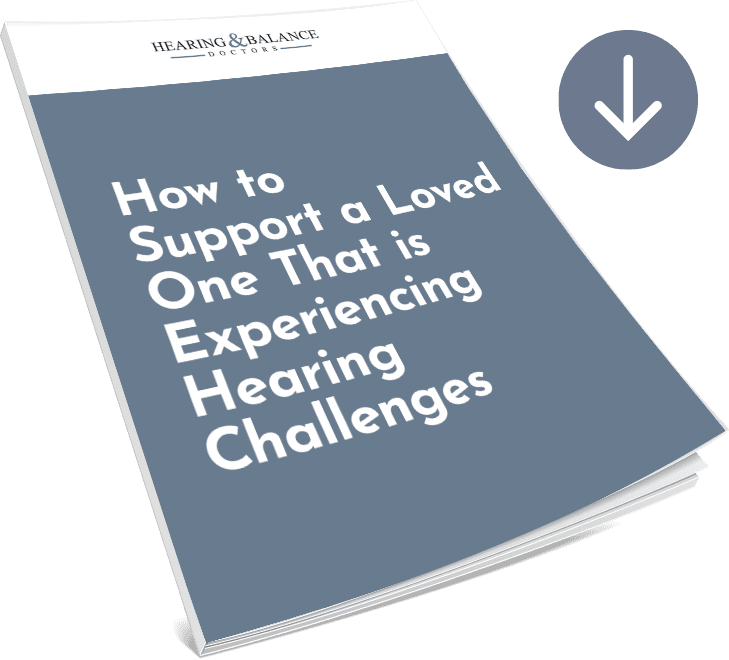Surviving a walk through a minefield wearing a blindfold and finding an insurance company that provides reliable and comprehensive healthcare coverage carries the same odds. Although Americans spend more on healthcare insurance than in any other country in the world, we often experience a complete let down when insurance coverage is critical. Because of this issue, our Southwest Utah and Southern Nevada clients frequently ask the same question, “Does my insurance cover my hearing aids and hearing care?” While we would love to provide a simple answer, there isn’t one, so here is some basic information related to insurance coverage for hearing aids and hearing care.
Variables Related to Hearing Care Insurance Coverage
Where you live and the type of policy you carry are factors involved in whether you have insurance coverage for hearing aids and hearing care. However, whether you have taken a reactive (take action when the time arrives) or proactive (planned ahead) approach to hearing care has greater influence over whether you can expect to receive any financial benefit from your insurance company to share the costs of hearing aids and hearing care.
Private Insurance
Only those who live in Arkansas, New Hampshire, or Rhode Island can expect hearing care to be included in their private insurance policy. In those three states, insurance companies have a legal obligation to provide coverage for eligible adults. In contrast, nearly every state requires hearing care coverage for children under the age of 18. So, unless you have added a hearing care rider to your private insurance policy, you probably don’t have it.
Government Provided Insurance
If you are relying on Medicare or Medicaid to cover your hearing aids or hearing care, you will be disappointed. Medicare covers nothing and Medicaid provides some limited benefits in some states. Visit the Hearing Loss Association of America to find out what is covered by Medicaid. The Affordable Care Act does little to help cover the costs of hearing care, more or less following the same guidelines as Medicaid. By visiting their federal site, you can learn what the Affordable Care Act covers in your state. The only way you can expect coverage under these insurance programs comes from supplemental programs provided by companies, such as BCBS, Humana, Aetna, Tri-Care, and Cigna, which do provide varying degrees of coverage under certain plans.
Veteran (VA) Benefits
If you served in the military and can provide sufficient proof that your hearing loss was caused by conditions related to your service, there is a strong chance you could have your condition treated at a VA hospital. Eligible veterans must also provide evidence that the severity of their symptoms are severe enough to interfere with daily living activities in order to receive VA benefits for hearing aids and hearing care.
Federal Employee Assistance
Those who are federal employees can expect some coverage for hearing aids. Employees and their families can have the cost of basic hearing aids covered by your Federal Employee Assistance plan while choosing to pay for extras or upgrades deducted from your pay packet.
Flexible Spending Accounts and Health Savings Accounts
A more proactive approach to your hearing and overall healthcare involves setting aside funds to cover unavoidable pay-outs like hearing aids. There are three main types of accounts that allow you to plan ahead for future out-of-pocket medical expenses without a tax penalty.
- Flexible Spending Accounts (FSA) allow you to use funds for out-of-pocket medical expenses. Hearing aids and batteries qualify for FSA reimbursement.
- Health Savings Accounts (HSA), similar to FSAs, cover the costs of hearing aids and batteries, but your HSA accumulates from year to year, so it is the better option for saving for a new device.
- Health Reimbursement Accounts (HRA) are funded by your employer, so whether hearing aids and batteries are reimbursable depends on the standards set up in the program.
Hearing and Balance Doctors Can Check Your Insurance for You
Hearing aids and hearing care are an essential element to better overall health, but few insurance companies provide coverage for them. Consequently, your best bet is to take a proactive approach to cover hearing care costs down the road. Hearing and Balance Doctors wants to make sure that our Utah and Nevada patients are able to take full advantage of the benefits provided by hearing aids and hearing care, so we do all we can to help you find the financial support from your insurance company to cover the costs.
Contact us with your policy information, and our insurance specialist will check your coverage to find what your policy will cover and then call you with the results.





